Few non-profits registered as third parties in federal election, ramping up their reporting to Elections Canada
Why It Matters
According to CRA rules, charities cannot endorse or oppose political candidates but can comment on public policy dialogue. Non-profits, including political and advocacy groups, can support or oppose those running for public office, but must be able to submit thorough financial documentation throughout the writ period to Elections Canada.
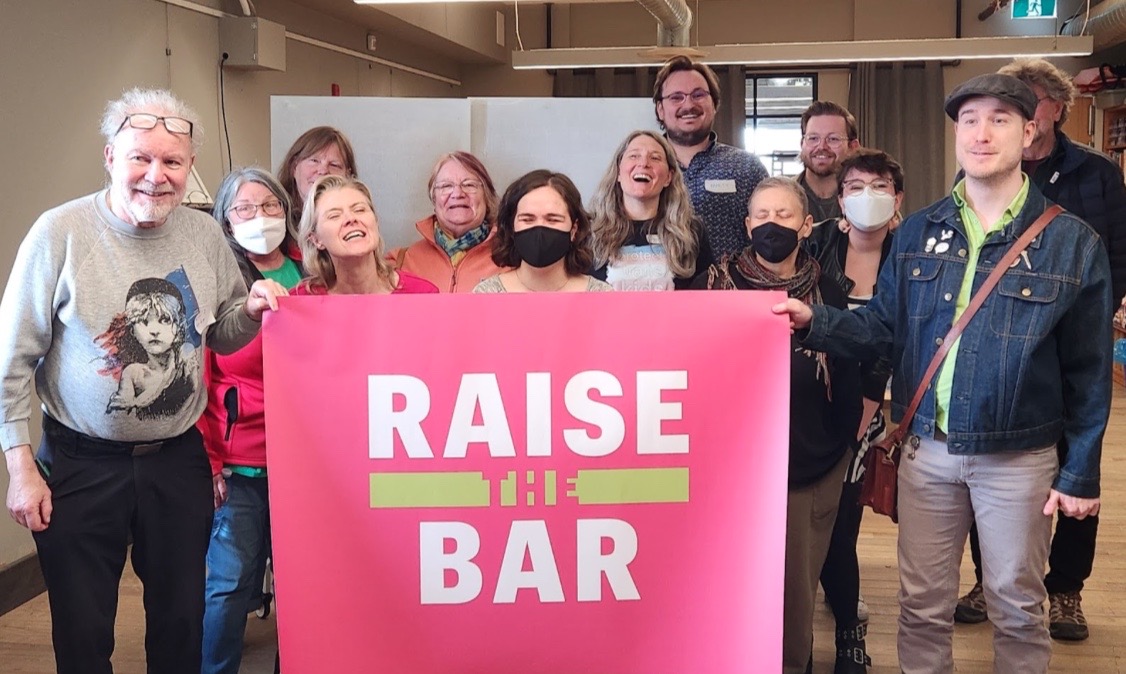
Joyce Arthur has been at the helm of the Abortion Rights Coalition of Canada in Vancouver for 20 years. For the second time, the national pro-choice group decided to apply for third-party status in the 2025 federal election.
Doing so will allow them to specifically oppose certain candidates that are running for office, based on their voting records on reproductive rights and abortion access. In mid-April, ARCC published a list of aggregated voting records for candidates across the country.
Arthur has expressed concern not only about anti-choice rhetoric in the Conservative Party under Pierre Poilievre, but also about the future of the Liberal Party under Mark Carney.
“Something that is sending shockwaves through the community is Carney ditching the Minister [of Women and Gender Equality],” she said. “It’s like: My God, where are his priorities?
The ARCC team had been preparing for a federal election and launched an election toolkit, complete with free stickers and posters, ways to contact local MPs, and a thorough voting guide divided up by province and riding.
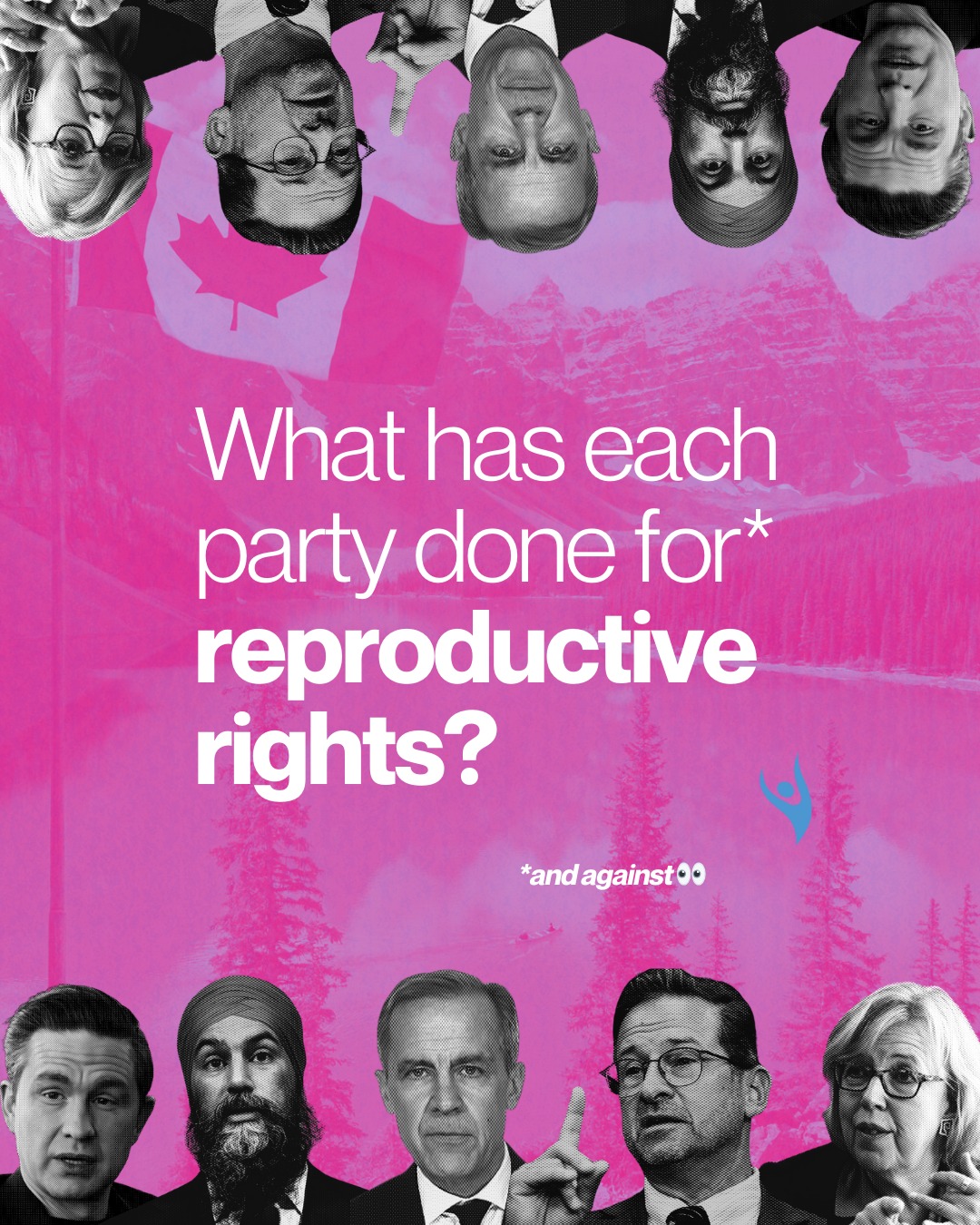
Election Canada’s rules challenging for resource-strapped non-profits
Per Elections Canada’s rules, any individual, corporation or group can apply to be a third party in a Canadian election, including federal and provincial elections. Third parties can only register once an election is called – in this case, March 23, 2025 – and can then participate in “regulated activities.”
These include election advertising, surveys and polls, and partisan activities, such as canvassing. Third-party status also allows groups to communicate with voters about the election and candidates through events, phone calls, text messages, and social media.
Any group or organization spending more than $500 on these activities must register with Elections Canada.
At the time of publication, 89 organizations had registered for third-party status in the 45th general election, according to the Elections Canada Third Party Database. Among these were professional associations (Progressive Contractors Association of Canada, Ontario Nurses Association), unions (Unifor, National Union of Public and General Employees), agricultural groups (Egg Farmers of Canada, Dairy Farmers of Canada), and non-profit advocacy groups (Save the CBC, Canadian Coalition for Firearm Rights).
This year, Greenpeace Canada, Oxfam Canada, Oxfam Quebec, Amnestie International Canada (French division), and the Canadian UNICEF Committee have also registered as third parties.
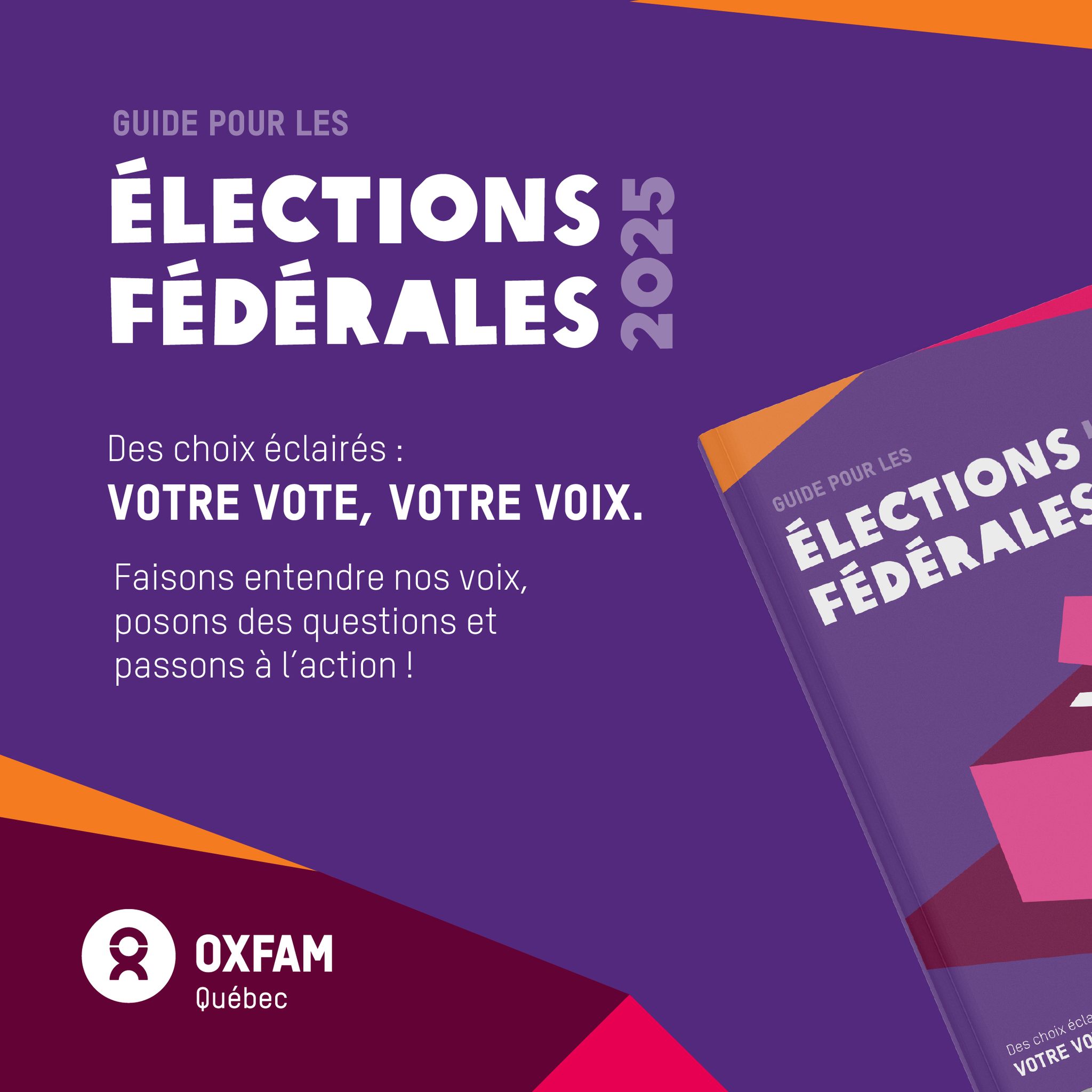
Third parties must follow several rules: in a general election, they cannot spend more than $602,700 on regulated activities nationally, or more than $5,166 in any electoral district.
Third parties must conduct all regulated activities from a separate bank account and appoint a financial officer to report to Elections Canada. If they intend to spend more than $10,000 on regulated activities, they must also appoint an external auditor.
The Basic Income Youth Collective (BIYC) is a grassroots group registered as a third party in this general election. The group is unincorporated, meeting informally once every few weeks.
They had been gearing up to advocate for basic income in the federal election for around a year and a half, said member Kendal David, but only recently discovered they needed to register as a third party per Elections Canada’s rules.
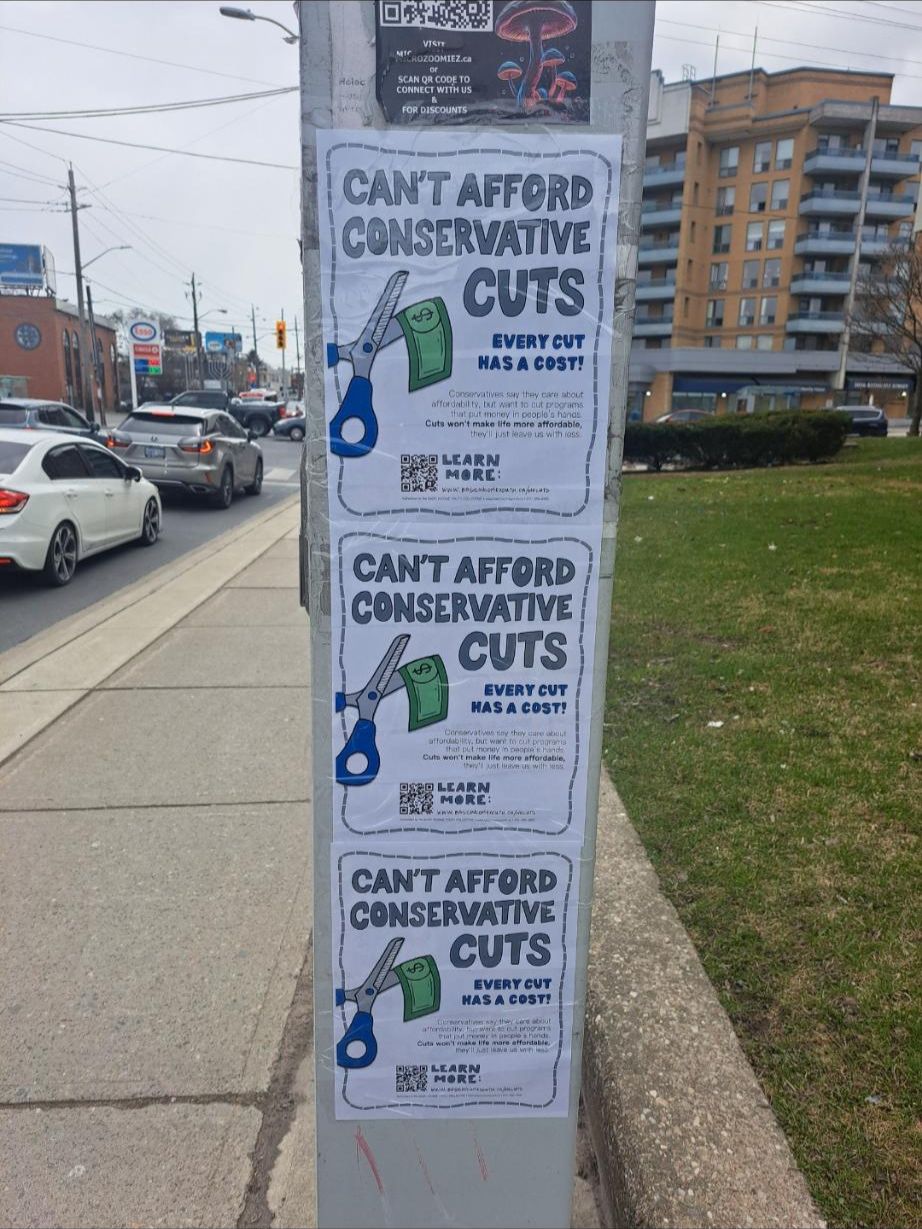
“We don’t have much money, but by the point that we learned of the rules, we had got an agreement to spend $700,” David said. “We ended up going through with it because we didn’t want to not spend the money, and the sense from the group was that these rules are important and good for democracy.
“While it is going to be an enormous headache and might be unintentionally a deterrent for a tiny group like us that doesn’t really have the capacity to do this on the fly, we like the spirit and the principle of the rules,” David added.
David and others come together to do this work off the side of their desks – David herself is a PhD candidate at Carleton University – and they have no core funding. The lack of financial flexibility is an obvious challenge, but it also means they have a “lot of room” to advocate. The BIYC also doesn’t have a physical address or organizational phone number, which are requirements to advocate during an election.
The BIYC has historically been a non-partisan group, conducting community outreach and lobby days across party lines. However, more recently, the group said they believed the Conservative Party has been “co-opting the messaging of affordability and income security,” when income support programs are more likely to be scrapped under a Conservative majority, David said.
Their campaign, Can’t Afford Conservative Cuts, explicitly encourages voters to “keep power out of the hands of the Conservative Party.”
Issue advertising guidance can be ‘confusing’
“Sometimes an issue is so clearly associated with a particular party or candidate that advertising on the issue has the effect of promoting or opposing them, even though they are not mentioned in the ad,” Elections Canada writes in their political financing handbook for registered third parties.
Elections Canada added that the broader the message, the less likely it is to appear as an endorsement or opposition to a particular candidate or party. Should an organization challenge a candidate or party’s campaign’s central message on a certain issue, it can become a regulated activity.
Historically, the guidance around issue advertising has caused confusion.
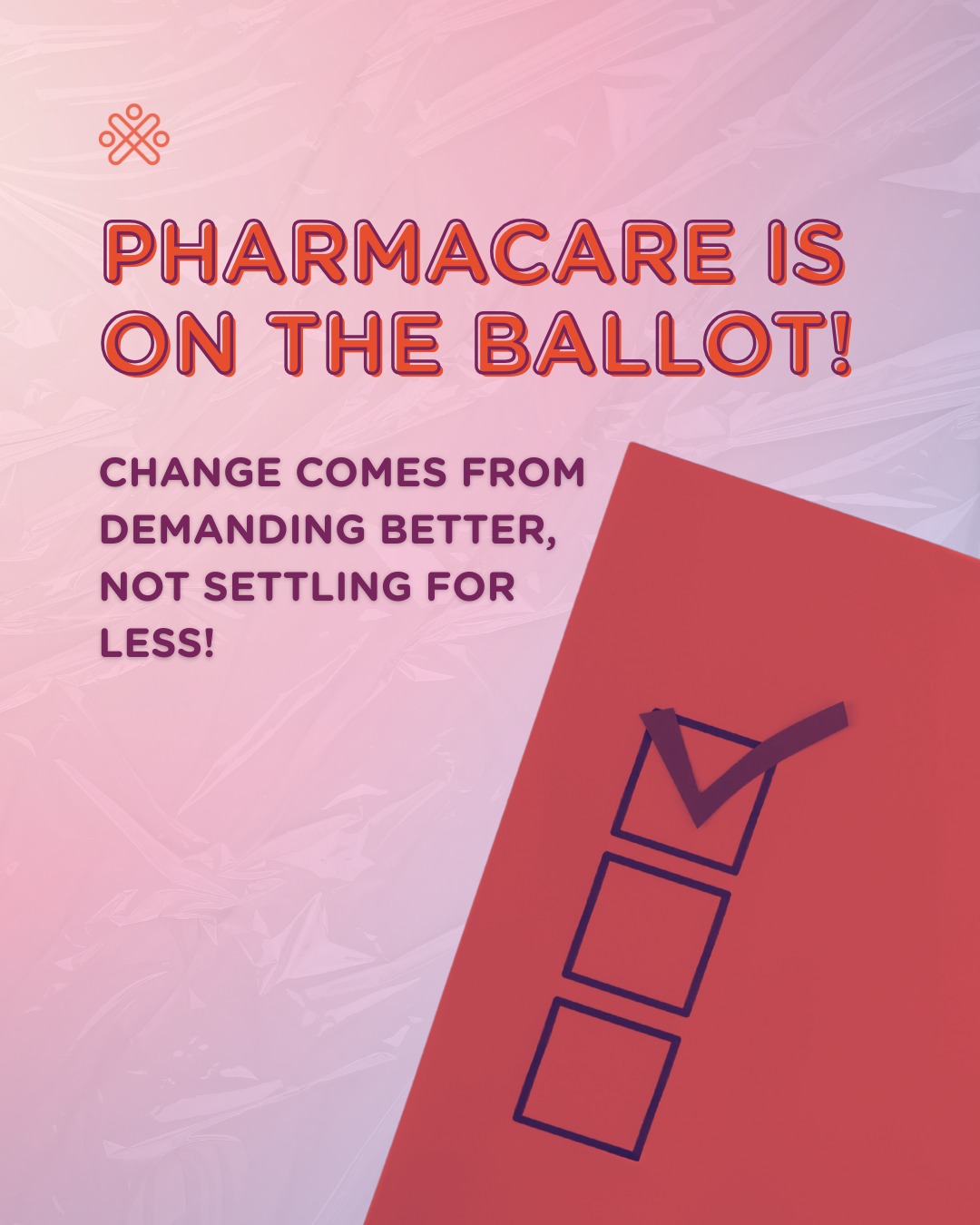
Action Canada for Sexual Health & Rights is a first-time third-party registrant, launching its campaign, Demand Better, before the writ dropped. The campaign is explicitly non-partisan, said Director of Communications and Fund Development, Jill Oba-McGrath: it asks each party to focus on Canadian sovereignty, strong healthcare systems, and robust economic policy.
However, after consulting with Elections Canada and charity lawyers, Action Canada registered as a third party to stay within the rules, Oba-McGrath said.
They set up processes to track spending and time spent on the campaign, and recently submitted their first interim report to Elections Canada.
She added that the campaign’s language also had to undergo several revisions to ensure it didn’t lean heavily towards one party or another.
For instance, part of the campaign states that “when we talk about ‘progressive’ policies, what we really mean is policies for all of us… it’s not about political stripes.”
Oba-McGrath agreed that the rules can feel cumbersome and scary for the non-profit sector, who might “get spooked”.
“In our sector, I don’t think many have applied to be a third party, which is too bad, because I would say the constituents are looking for our voices to say what we are trying to push for,” she said.
Elections Canada also agrees with this: in a webinar hosted by Imagine Canada earlier this year on election guidelines for the sector, Sharmila Biswas-Mistry, a senior outreach officer with Elections Canada, said community organizations and non-profits are “uniquely positioned” with deep roots in communities, long-standing trust and relationships, and connections with hard-to-reach, marginalized groups.
One advocacy group that is no stranger to the Elections Canada process is Leadnow, a collective action and organizing group that runs multiple campaigns related to democracy.
In this election cycle, Leadnow has launched a campaign called Raise the Bar, mobilizing volunteer groups around the country and endorsing candidates that have committed to affordable housing, clean energy and increasing taxes on corporations.
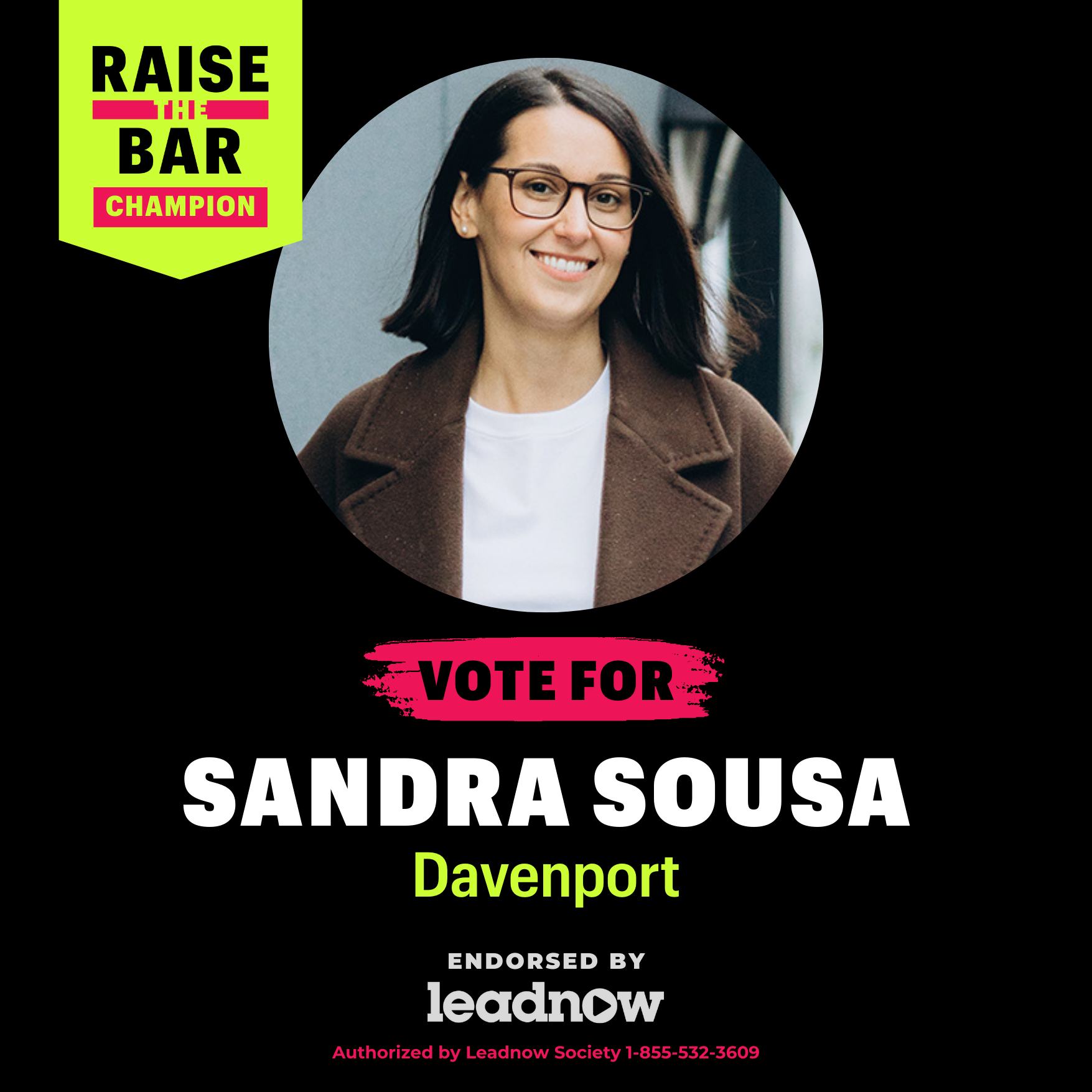
“We say every election is ‘the election of a generation’, but the difference with this election is that never before has Canada faced the kinds of threats that we are facing from our former best friends,” said executive director Shanaaz Gokool.
“These are not usual circumstances.”
Like the ARCC, Leadnow relies on a large number of volunteers across Canada. Volunteers receive compliance training, and Leadnow’s finance and operations manager tracks all hours and costs on a spreadsheet to submit the relevant reports to Elections Canada.
“I would encourage orgs who haven’t done this [before] to get legal advice,” Gokool said.
“You have to have a separate bank account for election work. You have to make sure that everyone that donates to your campaign is a Canadian citizen or permanent resident. Everyone in our team is involved in the elections work or the compliance side. It’s a pretty intense system.
“We hope not to receive any elections complaints this year… [but] that would be naive,” Gokool added.
“We will probably get complaints and so we are going to do everything possible to make sure that we have trained the team and our volunteers, and all of the systems are operating within the law.”
Charities dealing with an entirely different set of rules
Charities, by definition, cannot be partisan organizations. Acting in support or opposition of a political candidate directly violates the Income Tax Act. However, according to guidance received by Imagine Canada from the Canada Revenue Agency in the 2019 federal election, a charity simply registering as a third party does not put it at risk of jeopardizing its charitable status.
For instance, some charities may want to comment on policy and legislation affecting their communities. They can do so through “public policy dialogue and development activities (PPDDA) that further a charitable purpose.” Critically, PPDDAs must “never directly or indirectly support or oppose a political party,” but a charity can still advocate for changes in the law or policy.
PPDDAs can allow non-profits to provide information to the community, or conduct research, government-focused advocacy, mobilization, and communications.
Despite the law stating that charities cannot be involved in partisan activity to the same degree that non-profits can, they can still be active participants in election periods.
In a blog post released soon after the writ dropped, charity lawyer Mark Blumberg wrote that the charitable sector’s involvement in political circles has had a significant impact on legislation and policy over the years.
However, few have the resources to dedicate to public policy work, he added, including ensuring that they adhere to Elections Canada’s rules and the Income Tax Act.
“Much of the political activities in the charity sector in the past were conducted by small to mid-sized registered charities that were often completely ignoring the requirements and consequently undermining the public and government’s trust in the sector,” he wrote.
“Things like: not registering when conducting extensive lobbying [or] undertaking partisan activities with the resources of the registered charity.”
Jean-Marc Mangin, president and CEO of Philanthropic Foundations Canada (PFC), emphasized that charities must be especially aware that during an election period, their calls to action are not construed as partisan activities.
“It’s important that no charity gets weaponized for election purposes,” he said.
The case for non-partisanship
Among the many other strictly non-partisan non-profit organizations that have not registered as third parties in this election, several advocate for long-term change in policy areas that will remain important regardless of the election outcome.
Apathy is Boring, an organization encouraging youth to engage in voting and other democratic processes, is a contracted partner of Elections Canada.
“We’re not really concerned with the outcome of the election – just that young people have a say in whatever that is,” said Sam Reusch, executive director.
Reusch believes that non-partisan organizations play a unique role in the election process as well: “I know in an election [non-partisanship] is not always seen as the sexiest rule. Some people think it means that you’re not participating in some way.
“But I actually think when you’re working with a membership base and a constituency, being non-partisan in an election process really allows you to maintain trust. It says: ‘Hey, we want you to make the decision that you ultimately think is best. Here is some information that will help you make that decision.’”
In Calgary, registered nurse and founder of Starlings Community, Agnes Chen, supports young people whose parents are using substances. For Chen, the issue remains the same, regardless of who is in power.
Chen has seen the Conservatives pushing for criminalization of substance use, while Liberal Prime Minister Mark Carney removed the Minister of Mental Health and Addictions, merging the mandate with Health Canada.
Post-election, the Starlings team plans to amp up their work by focusing on the lived experience of youth in these circumstances.
“The reason we’re deliberately planning is because we’re realizing that regardless of who is in power, people who use drugs are being portrayed as criminals,” Chen said.
Other groups have focused on safeguarding Canadian sovereignty against increased threats from the U.S.OpenMedia’s latest campaign, addressed to all candidates in the 2025 federal election, zeroes in on secure Canadian internet infrastructure and internet safety, which is less reliant on American firms.
“Our asks don’t change very much depending on who is in power,” said Executive Director Matt Hatfield.
Environmental law charity Ecojustice has highlighted that President Trump is weaponizing Canada’s Zero Plastic Waste Agenda, stating that it is a trade barrier for the U.S.
“In the face of tariffs from the United States, strong environmental regulations are crucial for Canada to develop new trading relationships and agreements and strengthen existing ones,” wrote Ecojustice Government Relations and Campaigns Specialist Sean O’Shea.
In a follow-up interview with Future of Good, O’Shea said that many of Ecojustice’s cases have spanned multiple federal elections and are ongoing struggles.
“The work we do is long term,” he said.

